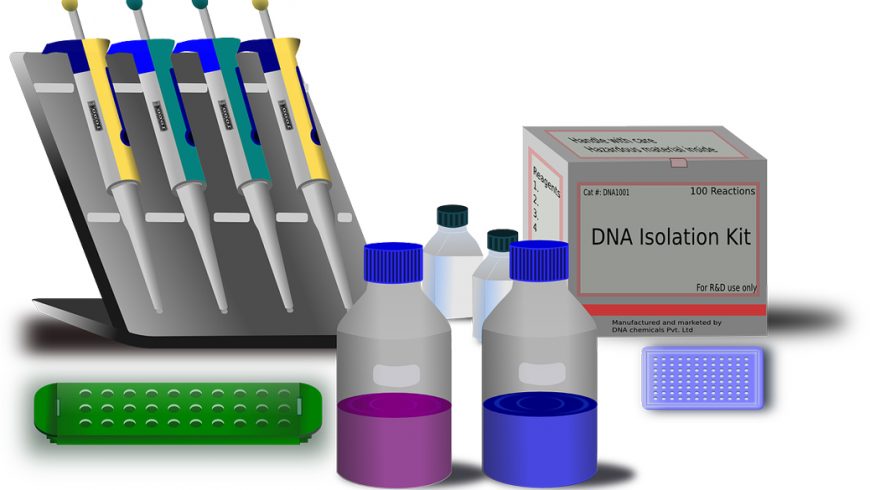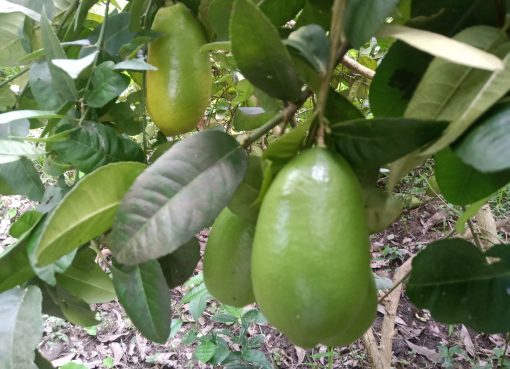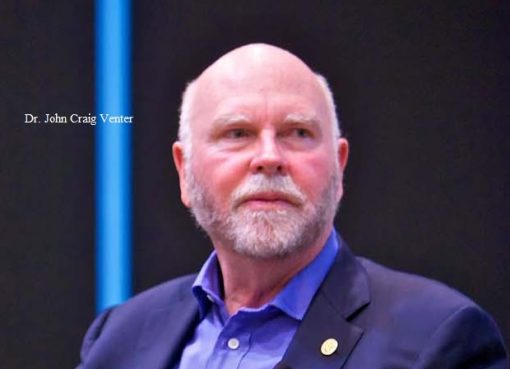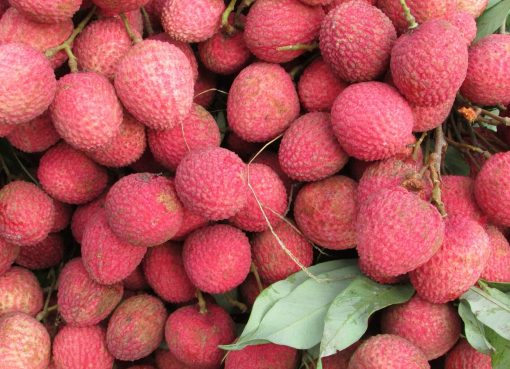“The whole of science in making is nothing more than a refinement of everything” – Albert Einstein
From one’s birth to death, we are all under the influence of scientific phenomena. We breathe, we talk, we hear, we feel, we respond, we intake, we produce and reproduce – all these activities can be illustrated by scientific ideas.
Everyday an invention or discovery is made by the people – be it a new gadget for the convenience of mankind, a new law or a new principle that governs some physical phenomenon or a new theory that accounts for a natural evolution.
One of the major and important areas of science is “Biotechnology”. The name itself defines itself as ‘any technology that uses biological system’. Biotechnology is not a new term to the mankind; rather it has contributed to the world to a great extent from the beginning of civilization. From the prehistoric times till the present, the developments advanced by biotechnology are rapidly rising. The earliest example of biotechnology is the domestication of plants and animals followed by our ancestors who used diverse plants to make medicines that had striking effects. Microorganisms are used to make yoghurt and bread. Alcoholic drinks like beer and wine are also produced. All these foods and drinks are produced by the process of fermentation. The practical arts of preserving foods – drying, smoking and treatment with granular salts were all well-developed in the prehistoric era itself. The infamous mummification procedure in Egypt used the technique of dehydration with a mixture of salts.
Not only in the prehistoric times but also in today’s world, biotechnology is used for improving our lifestyle such as by sustainable production of chemicals, fuels, food, regenerative medicine, advanced healthcare through genome sequencing, etc.
Biotechnology is a firm process, a regenerative of science for the mankind and it has its own significance and gravity.
Authors: Krisangi Kouli and Naina Swargiary Kendriya Vidyalaya, Khanapara, Guwahati




